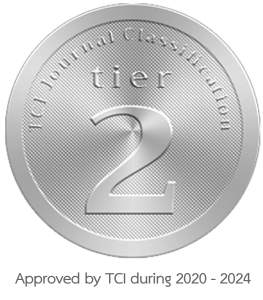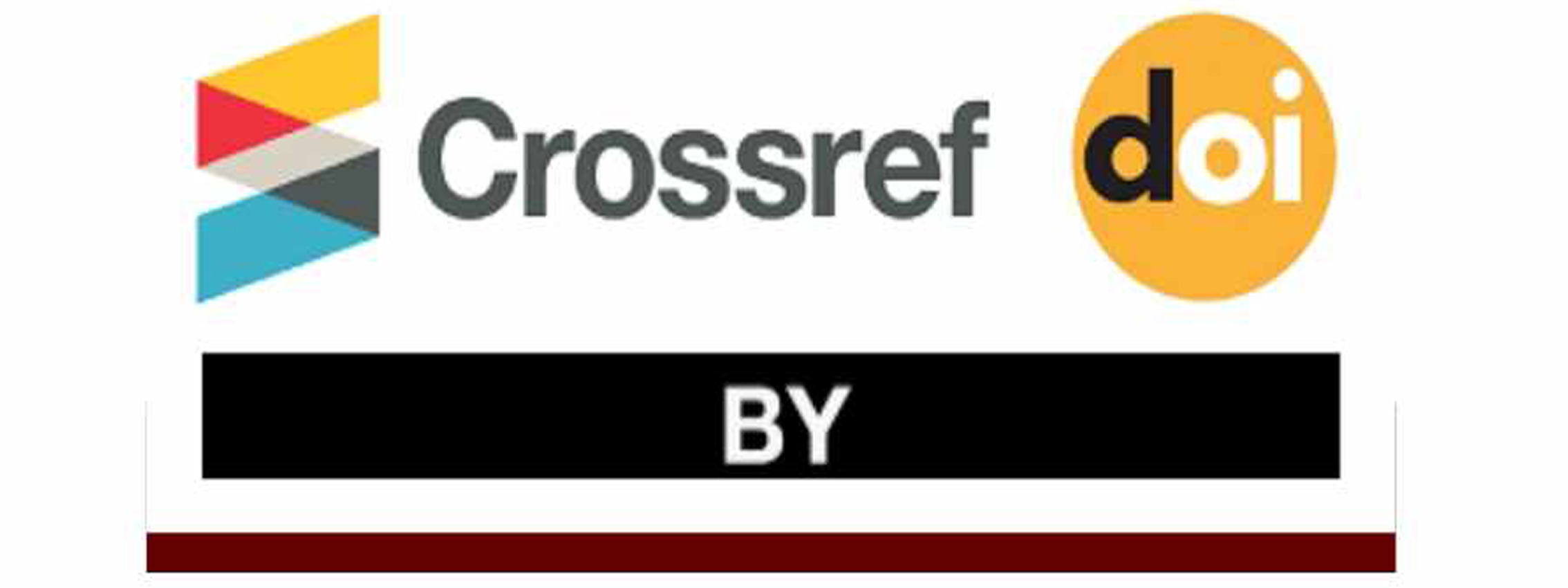Genre analysis of hybrid texts: Language used in online course introduction of international universities
DOI:
https://doi.org/10.62819/jel.2024.491Keywords:
genre analysis, hybrid texts, online course previews, rhetorical move analysisAbstract
This study thus aimed to examine a spoken discourse genre of new hybrid texts in the online course previews extracted from an online learning website. The corpora consisted of 12,735 words compiled through 30 pieces of the top five online course previews within the three sub-categories including Business, Academics, and How-to of Coursera websites. The results showed that there were marked features of the discourse as hybrid text which displayed the combination of promotional and academic properties. The unique rhetorical organization in terms of employing the obligatory move structures: detailing the course, establishing credentials, and indicating the benefit of learners was extensively found. Besides this, the grammatical feature of if- conditional forms and the lexical bundle “be going to”, were discovered to purposively support the rhetorical organization to create the persuasive effect on the target audience to enroll the full courses. Implications of the present study in relation to the genre analysis of the new hybrid text were also discussed.
References
Bhatia, V. K. (1993). Analyzing genre: Language use in professional settings. Longman.
Bhatia, V. K. (2005). Generic patterns in promotional discourse. Persuasion Across Genres, 213, 213–225. DOI: https://doi.org/10.1075/pbns.130.13bha
Bhatia, V. K. (2008). Genre analysis, ESP and professional practice. English for Specific Purposes, 27(2), 161–174. https://doi.org/10.1016/j.esp.2007.07.005 DOI: https://doi.org/10.1016/j.esp.2007.07.005
Bhatia, V. K. (2010). Interdiscursivity in professional communication. Discourse and Communication, 4(1), 32–50. https://doi.org/10.1177/1750481309351208 DOI: https://doi.org/10.1177/1750481309351208
Brett, P. (1994). A genre analysis of the results section of sociology articles. English for Specific Purposes, 13(1), 47–59. https://doi.org/10.1016/0889-4906(94)90024-8 DOI: https://doi.org/10.1016/0889-4906(94)90024-8
Bunton, D. (2002). Generic moves in Ph.D. thesis introductions. In J. Flowerdew (Ed.), Academic discourse (pp. 57–75). Pearson Education Limited.
Coursera. (n.d. a). Retrieved February 6, 2021. https://about.coursera.org/
Flowerdew, J. (2002). Introduction: Approaches to the analysis of academic discourse in English. In J. Flowerdew (Ed.), Academic discourse (pp. 1–17). Routledge.
Halliday, M. A. (1987). Spoken and written modes of meaning. In R. Horowitz & S. J. Samuels (Eds.), Comprehending oral and written language (pp. 55–82). Brill. DOI: https://doi.org/10.1163/9789004653436_006
Halliday, M. A. K. (1994). Spoken and written modes of meaning. In R. Horowitz & S. J. Samuels (Eds.), Comprehending oral and written language (pp. 51–73). Academic Press.
Henry, A., & Roseberry, R. L. (2001). 5. Using a small corpus to obtain data for teaching a genre. In Small corpus studies and ELT (pp. 93–113). https://doi.org/10.1075/scl.5.10hen DOI: https://doi.org/10.1075/scl.5.10hen
Hyland, K. (2006). Disciplinary differences: Language variation in academic discourses. Academic Discourse Across Disciplines, 17–45. DOI: https://doi.org/10.3726/978-3-0351-0446-2
Kanoksilapatham, B. (2005). Intonation meaning in English discourse: A study of Thai speakers. Indonesian JELT, 1(2), 24–51.
Swales, J. (1986). Citation analysis and discourse analysis. Applied Linguistics, 7(1), 39–56. https://doi.org/10.1093/applin/7.1.39 DOI: https://doi.org/10.1093/applin/7.1.39
Swales, J. (1987). Utilizing the literatures in teaching the research paper. TESOL Quarterly, 21(1), 41–68. https://doi.org/10.2307/3586354 DOI: https://doi.org/10.2307/3586354
Swales, J. (1990). Genre analysis: English in academic and research settings. Cambridge University Press.
Swales, J. (2004). Research genres: Explorations and applications. Cambridge University Press. DOI: https://doi.org/10.1017/CBO9781139524827
dos Santos, V. B. M. P. (2002). Genre analysis of business letters of negotiation. English for Specific Purposes, 21(2), 167–199. https://doi.org/10.1016/S0889-4906(00)00028-4 DOI: https://doi.org/10.1016/S0889-4906(00)00028-4
Ruiying, Y., & Allison, D. (2003). Research articles in applied linguistics: Moving from results to conclusions. English for Specific Purposes, 22(4), 365–385. https://doi.org/10.1016/S0889-4906(02)00026-1 DOI: https://doi.org/10.1016/S0889-4906(02)00026-1


















